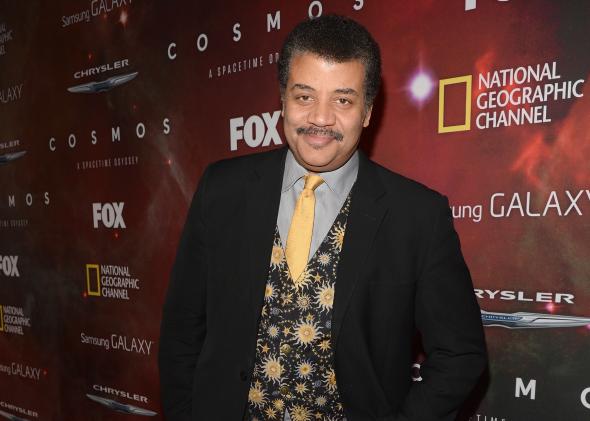There Was One Big Problem With Sunday’s Cosmos Episode

Photo by Jason Kempin/Getty Images
This post originally appeared in Business Insider.
Sunday's Cosmos premiere was mostly well-received with the exception of one glaring issue: the history of Giordano Bruno.
Giordano Bruno was portrayed in the show as the first man to think of the idea of an infinite universe. He stood up to the Catholic Church during the Inquisition and ended up being burnt at the stake for his thoughts.
Advertisement
Here's a short clip from the show, from Hulu:
While we can't completely fault the creators of "Cosmos" for romanticizing and simplifying the history of Bruno, there are some real facts that might make you see the segment in a new light, courtesy of Discover blogger Corey Powell:
- The idea of infinite space originated a century before Bruno, with the German philosopher Nicholas of Cusa.
- Bruno wasn't a scientist. According to Powell, "his interests were theological, not physical, and his astronomical writings are considered amateurish and confused."
- His writings were mostly theological in nature — and he was using them to push his own theology (set against the Catholic church). That simple fact was the real reason he was burnt at the stake.
- The church listed eight charges against Bruno during his trial, and only one of these was related to his astronomical guesses. According to Powell, "the others involved denying the divinity of Jesus, denying the virgin birth, denying transubstantiation, practicing magic, and believing that animals and objects (including the Earth) possessed souls."
- Unlike how he is portrayed in the Cosmos animation, Bruno didn't spend his life poor or alone. He was well-funded and held positions as a professor.
- Bruno's wandering ways are more likely the result of his temperament than his cosmological ideas—he's described as "argumentative, sarcastic, and drawn to controversy."
